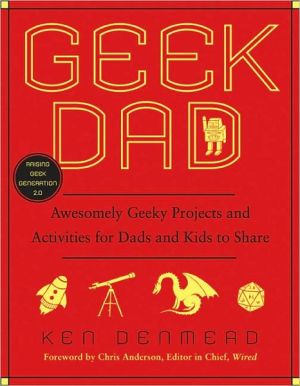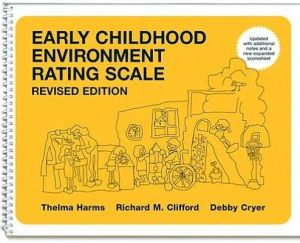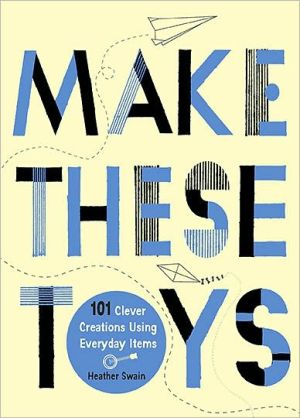Blocks to Robots: Learning with Technology in the Early Childhood Classroom
Research shows that attitudes about science, math, and technology start to form during the early schooling years. This pioneering book shows how to successfully use technology in the early childhood classroom. Grounded in a constructivist approach to teaching and learning, the author focuses on robotic manipulatives that allow children to explore complex concepts in a concrete and fun way. At the same time, she examines how this technology engages sensorimotor and socioemotional skills, which...
Search in google:
Research shows that attitudes about science, math, and technology start to form during the early schooling years. This pioneering book shows how to successfully use technology in the early childhood classroom. Grounded in a constructivist approach to teaching and learning, the author focuses on robotic manipulatives that allow children to explore complex concepts in a concrete and fun way. At the same time, she examines how this technology engages sensorimotor and socioemotional skills, which are fundamental for the healthy development of young children. This innovative book: Provides examples of how robotics can be a powerful, hands-on tool for young children to learn about science, technology, engineering, and math (STEM). Presents portraits of children developing the skills and ways of thinking needed to create their own personally meaningful projects, and to solve problems using technology. Offers sample curriculum starter activities, including forms and charts that children can use to chronicle the progress of their projects.About the Author:Marina Umaschi Bers is an assistant professor at the Eliot-Pearson Department of Child Development and an adjunct professor in the Computer Science Department at Tufts University
Foreword David Elkind xiIntroduction: Playful Learning: Little Robots, Big Ideas 1Constructionism: Technology and Early Childhood 11Constructionism as Developmentally Appropriate Practice 13Learning by Designing Within a Community 16Technological Tools for Learning: From Building Blocks to Robotics 21Powerful Ideas and Wonderful Ideas 23Learning About Learning with Technology 27Socioemotional and Developmental Contexts for Learning with Robotics 30The Big Picture: Promoting Positive Technological Development 31Promoting Socioemotional Development Through Robotics 36Technology in the Classroom: Technocentric vs. Systemic Approaches 39The Role of the Family: Lessons from Literacy 41Vignette: A Well-Kept Secret: Classroom Management with Robotics Chris Rogers 46Why LEGO Engineering? 46What Are the Obstacles and How Have Teachers Gotten Around Them? 48But What About the Girls? 50Is It All Worth It? 51What Next? 52Vignette: The Engineering Design Process in a Kindergarten Study Group Megina Baker 53Project Goals 54The Initial Provocation 54Curriculum Planning 56Implementing the Curriculum 56Extending Engineering 59Interview with Rebecca S. New: Moving from "I Know" to "I Wonder": Revisiting Developmentally Appropriate Practices in the Light of Sociocultural Theories 60Using Robotic Manipulatives in the Early Childhood Classroom 67Robotic Manipulatives as Learning Tools 69What Is a Robotic Manipulative? 69Teaching and Learning Powerful Ideas with a Robotic Manipulative 76Designing the Environment: A Practical Guide 85Designing the Learning Environment 85Developmentally Appropriate Robotics Construction Kits 89Engaging Parents 92Resources 95Curriculum Starters 96Vignette: Building Boston Together: Local History Through Robotics Rebecca Merino Kevin Staszowski 103The Freedom Trail 106Vignette: Engineering by Design Merredith Portsmore 108Engineering by Design in First Grade 109Getting Started: From Play to Design 110The Engineering Design Process 110Interview with Terry Green: Insights from Experience: From Lunar Rovers to Chaos Sia Haralampus 115Conclusion 121Engineering and Technology Standards in the United States 125Sample Curriculum Starter 134Sample Design Journal 136References 143Index 149About the Author 154








